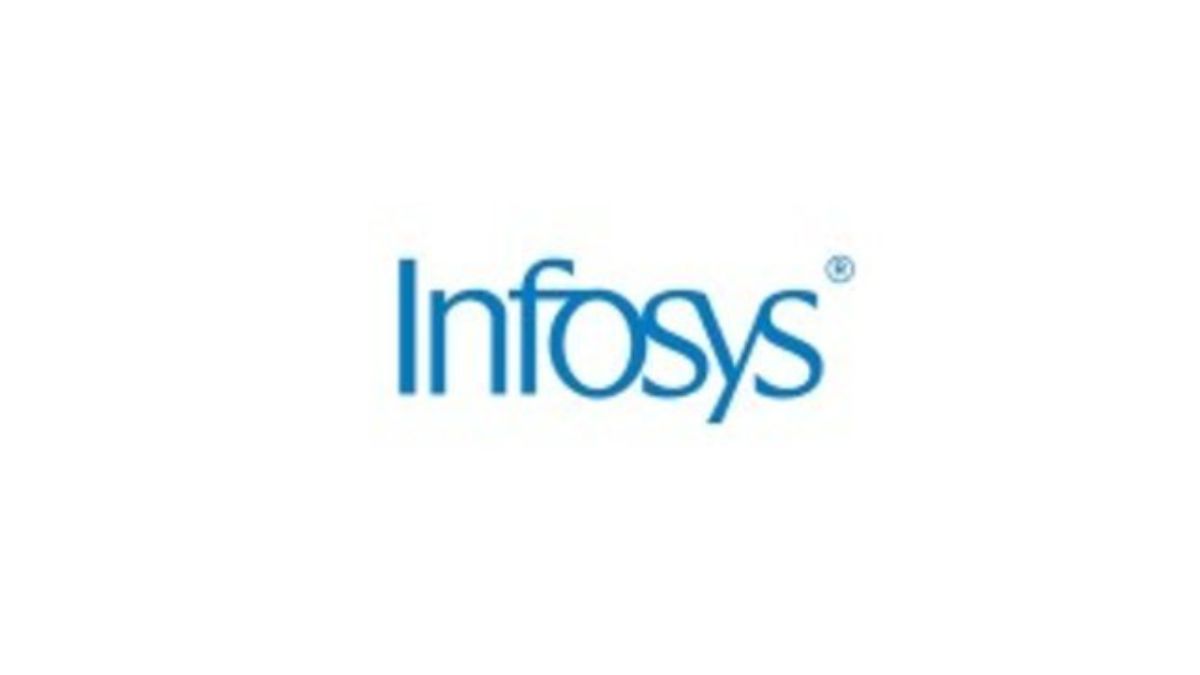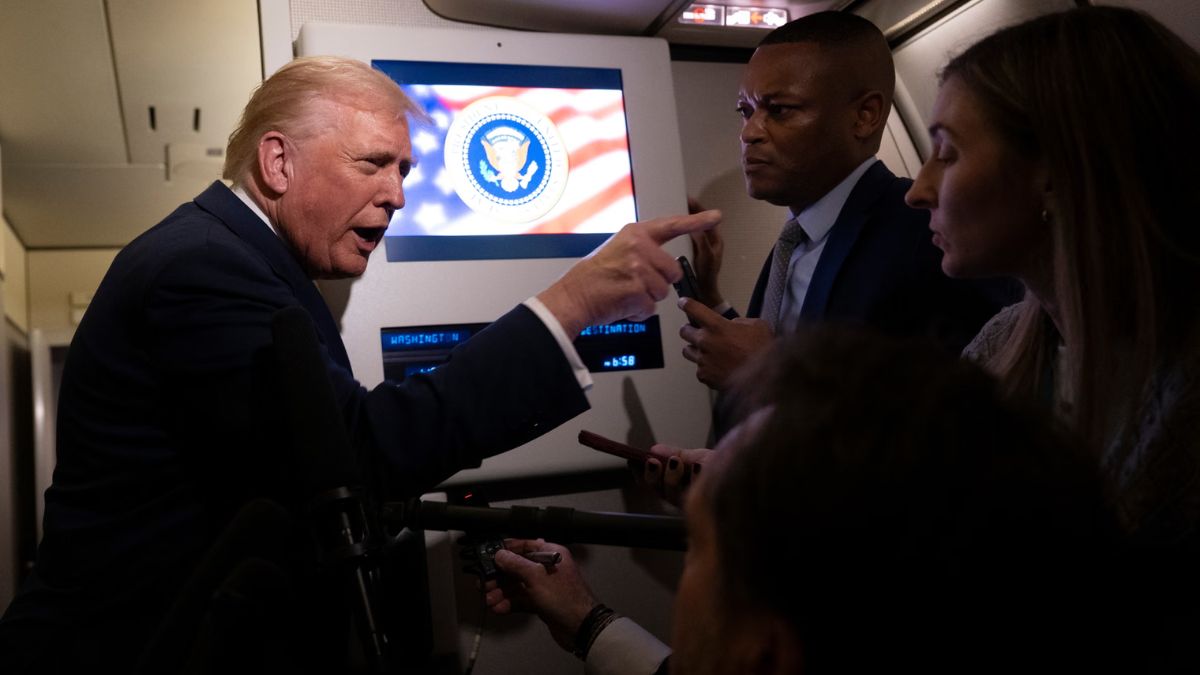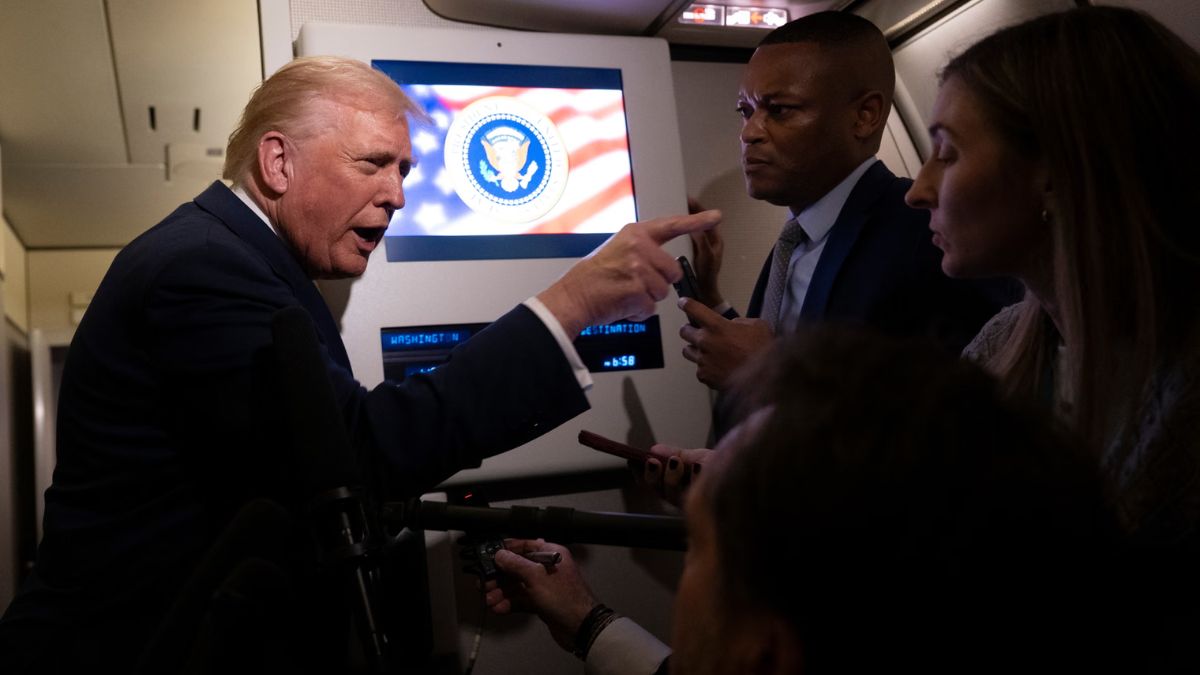Infosys will open its share buyback window on November 20, with the offer scheduled to close on November 26. The IT major has set aside Rs 18,000 crore for this programme, making it the biggest buyback undertaken by the company. Shares will be repurchased at Rs 1,800 apiece, reflecting a premium of more than 19 per cent over the levels recorded when the buyback was first announced in September.
This marks Infosys’ first repurchase since 2022, when it approved a Rs 9,300-crore buyback. Ahead of the latest window, Infosys shares climbed nearly 4 per cent to Rs 1,541 each, emerging as the top gainer on the Nifty IT index, which itself rose nearly 3 per cent to 36,970.85.
What is buyback?
‘Buyback’ refers to a corporate action in which a company repurchases its own shares from existing shareholders. In this case, Infosys’ buyback price of Rs 1,800 per share carries a premium of more than 19 percent over the stock’s levels on the announcement day in September. Through this mechanism, a company reduces the number of shares in circulation while offering shareholders an opportunity to sell their shares at a set price.
The company intends to buy back 10 crore fully paid-up equity shares of face value Rs 5 each, representing up to 2.41 per cent of its total paid-up equity share capital. Infosys stated that the decision was made after considering medium-term strategic and operational cash needs, noting that the buyback is designed to return surplus funds to shareholders in line with its capital allocation policy.
5 things you must know about Infosys’s largest-ever buyback
Shareholders can tender shares at a 19% premium
Small and general categories have separate entitlement ratios
Promoters will not participate, raising acceptance chances for public shareholders
Tax rules make the buyback more favourable for lower-bracket investors
Strong cash reserves and past buybacks highlight Infosys’ financial stability
Who can buy or tender shares in the buyback window?
The buyback is divided into two categories – reserved (small shareholders) and general. Small shareholders, defined as those holding equity worth not more than Rs 2 lakh as on the record date, have been allocated 15 per cent of the shares proposed for buyback or their entitlement, whichever is higher. The record date for determining eligible shareholders and entitlement was November 14, and Infosys has 2,585,684 small shareholders.
The entitlement ratios have been set at 2:11 for the reserved category and 17:706 for the general category, indicating how many shares each eligible holder can tender based on their shareholding on the record date.
Who can participate in the buybacks?
In an exchange filing dated October 22, Infosys confirmed that its promoters and promoter group will not participate in the buyback. As of September 30, 2025, promoters held 14.30 per cent of the company, while the public held 85.46 per cent. Among individual promoters, Nandan Nilekani held 1.08 per cent; NR Narayana Murthy and Sudha Murthy held 0.40 per cent and 0.91 per cent respectively; and Rohan Murthy and Akshata Murthy held 1.60 per cent and 1.03 per cent.
Promoters — including Nandan M. Nilekani and Sudha Murty — have opted not to participate in the current programme. As of the announcement date, they collectively hold 13.05 per cent of the company’s equity. Infosys also reiterated that it intends to “steadily increase its annual dividend per share”.
What are the benefits and tax rules?
Analysts noted that the absence of promoter participation is likely to lift the acceptance ratio for public shareholders, particularly in the retail segment. They added that the decision reflects confidence in the company’s prospects and contributes to positive sentiment across the IT sector.
Tax considerations are expected to influence whether investors choose to tender. Since October 2024, buyback proceeds are treated as dividends and taxed at the shareholder’s slab rate, reducing the attractiveness for those in higher brackets. For investors in lower tax brackets or those exempt from tax, a favourable acceptance ratio, especially under the small shareholder quota, could still yield meaningful gains. Commentators also pointed to Infosys’ strong balance sheet, as the entire repurchase is being funded through internal cash and reserves, highlighting the company’s robust free cash flow position.
Quick Reads
View AllHow do past buybacks highlight Infosys’ financial stability?
Infosys’ latest share repurchase marks its fifth major buyback since 2017. The company’s first buyback, carried out eight years ago, totalled around Rs 13,000 crore, with 11.3 crore shares acquired at Rs 1,150 each — representing 4.92 per cent of its equity base. Subsequent buybacks were valued at Rs 8,260 crore in 2019, Rs 9,200 crore, and Rs 9,300 crore in 2022–23.


)

)
)
)
)
)
)
)
)



